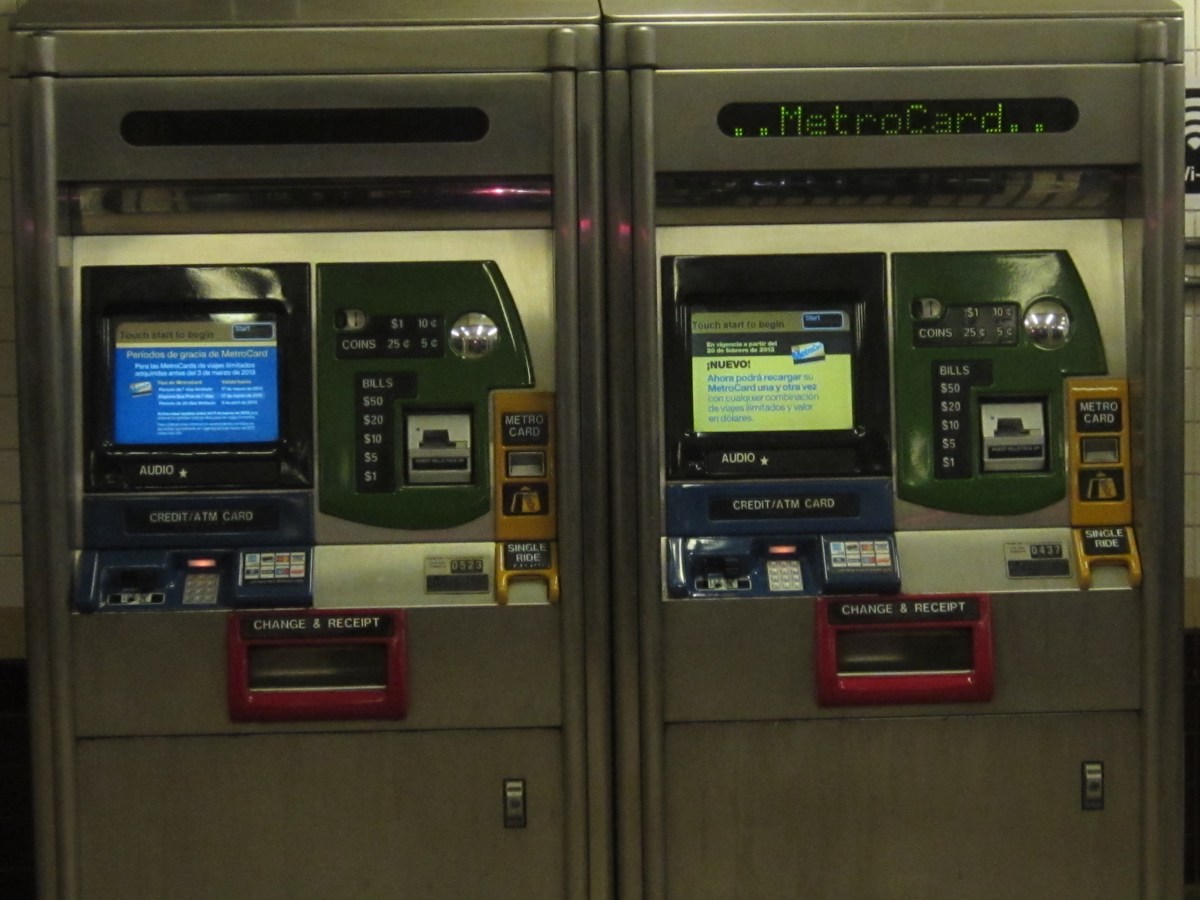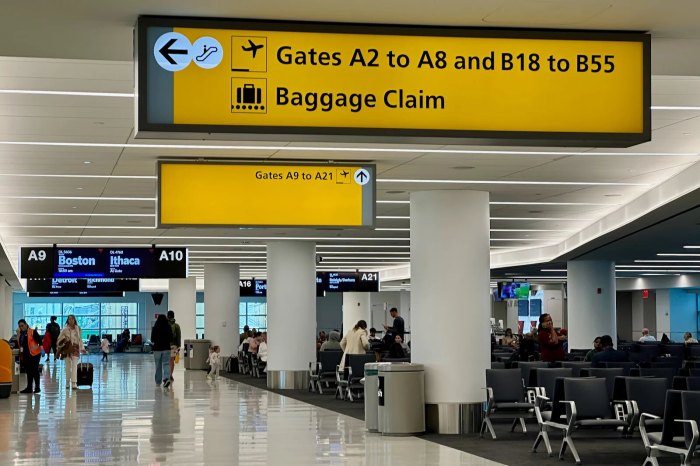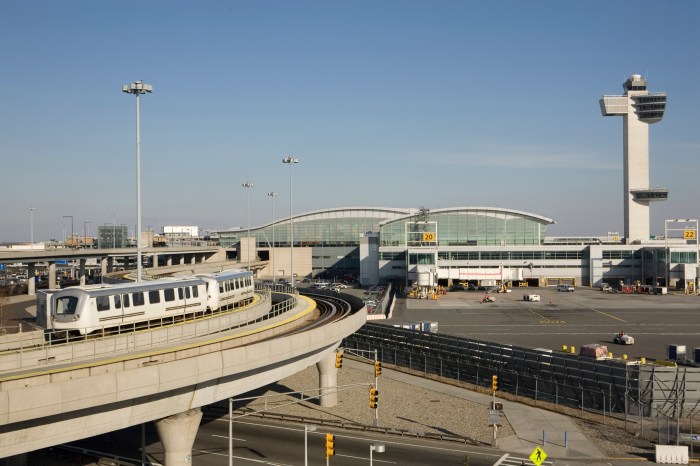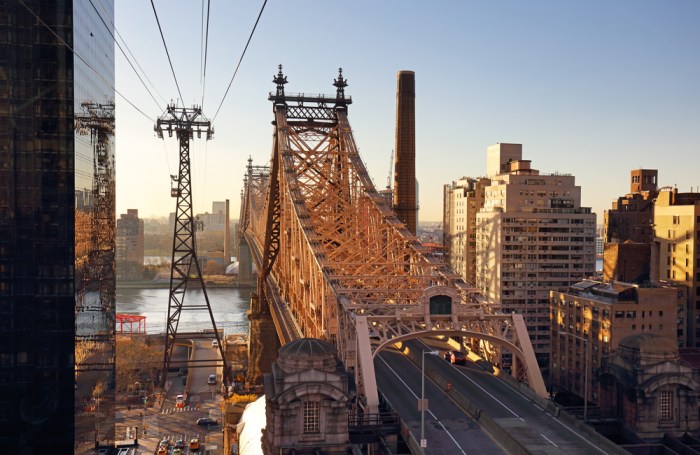BY ECLEEN CARABALLO
Another year, another fare hike.
The MTA’s board voted to approve fare increases on Thursday, raising the cost of a MetroCard ride from $2.50 to $2.75 beginning on March 22, according to the transit agency.
Single ride tickets will also increase, from $2.75 to $3.00. Monthly MetroCards will go from $112 to $116.50, express bus fare will increase from $6.00 to $6.50, seven-day express bus MetroCards will go from $55 to $57.25, and Access-A-Ride fares will increase from $2.50 to $2.75. But the bonus on Pay-Per-Ride MetroCard will go from 5 to 11 percent and increase the purchase threshold from $5 to $5.50.
Most Long Island Rail Road and Metro-North Railroad rider will see fares increase 4.25 percent or less, according to the MTA.
Tolls were also reportedly discussed and board members agreed to keep toll increases lower for E-ZPass users, as opposed to those who use cash. They are expected to increase by about 4 percent for E-ZPass users, and 6 percent for cash paying customers.
When the subway opened in 1904, it took an additional 44 years for the fare to be doubled from 5 cents to a grand total of 10 cents, reports said. Since 1995, when the fare was at $1.50, the MTA has almost doubled the cost of a subway or bus ride within a mere 20 years.
Last March, fare hikes raised the cost of a MetroCard ride by 25 cents. The transit agency also introduced a “New Card Fee,” where riders pay $1 each time they buy a new MetroCard.
“The MTA has been able to limit these fare and toll increases to the equivalent of 2 percent a year thanks to our continued aggressive cost-cutting, while still adding service and improving service quality for our growing number of customers,” said MTA Chairman and CEO Thomas Prendergast. “Our financial plan assumes modest biennial fare and toll increases, and the board has chosen options with lower increases for our most frequent customers.”
The agency also said it has cut over $1 billion from its annual spending and has plans to make cuts every year to bring its annual savings to $1.6 billion by 2018.
But John Raskin, executive director of transit advocacy group Riders Alliance, said in a statement that “the real scandal may be yet to come,” if Albany doesn’t step in to help stop the continuing fare increases.
“If Governor Cuomo and members of the legislature don’t decide on new revenue sources to fund the MTA’s five-year capital plan, larger fare increases are lurking around the corner,” he said. “Paying for public transit with fare hikes is a regressive way to fund a public service that the entire region relies on. We urge Governor Cuomo and the legislature to act quickly to fund the next MTA Capital Plan, instead of passing on the cost to overburdened riders.”
RECOMMENDED STORIES
- LIC boutique hostel to host first Queens Brewers Night
- Ridgewood rents skyrocketing since end of recession
- New natural gas lines coming to central and southern Queens




































